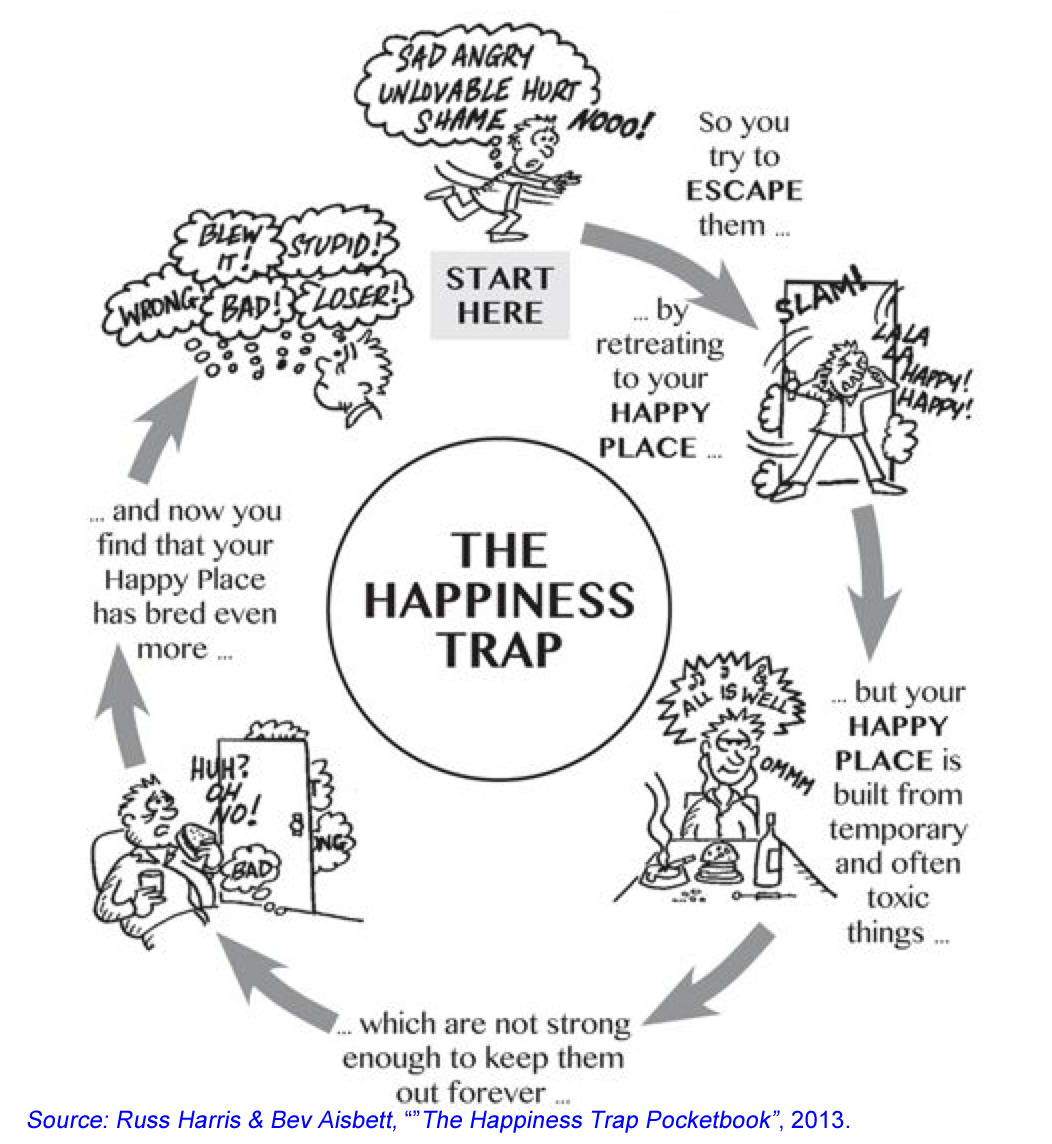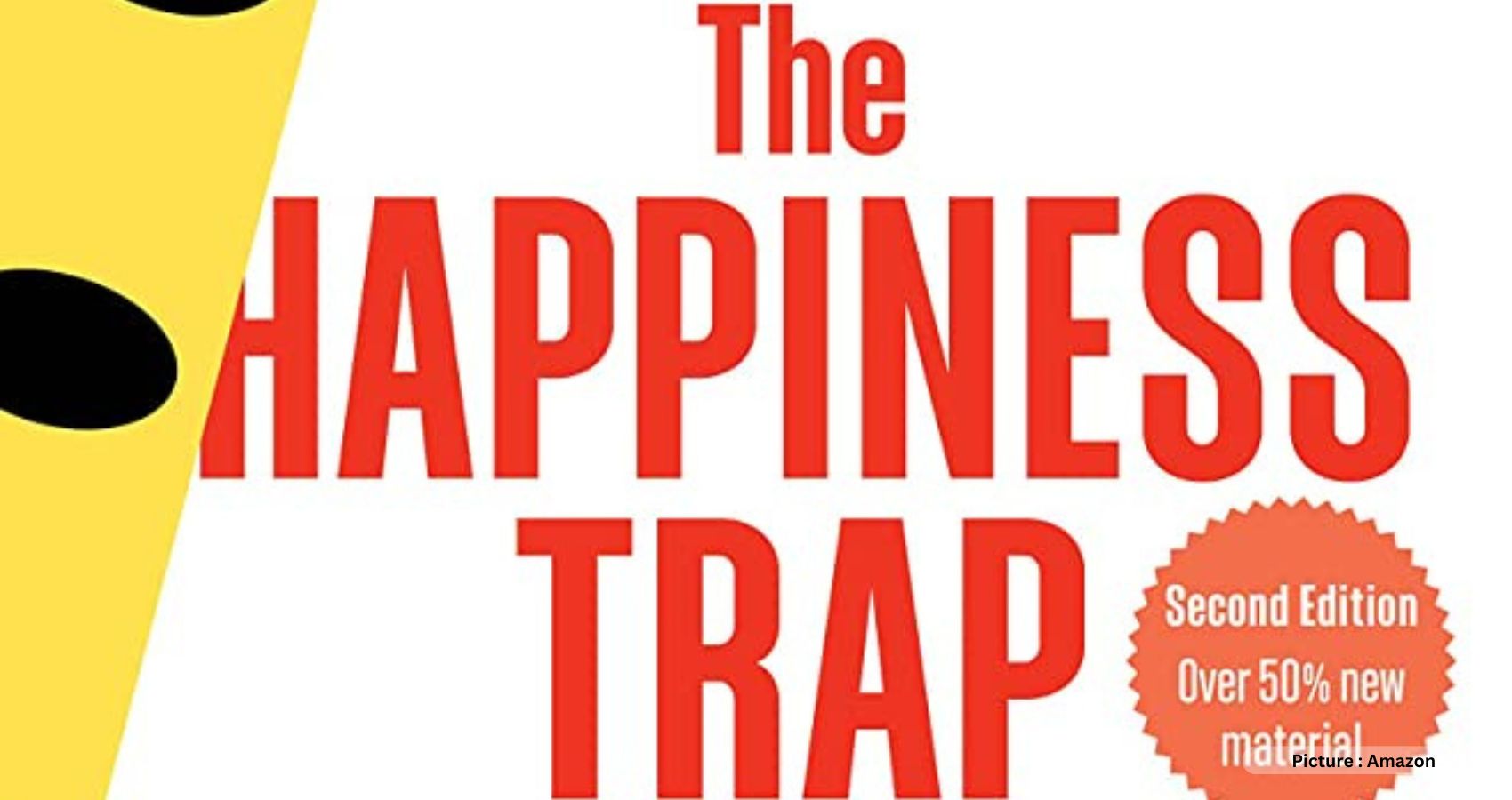Despite global issues such as the cost-of-living crisis, climate change, and mass shootings, people remain obsessed with happiness. Happiness has become a central focus in modern society, with terms like “Chief Happiness Officer,” the Happy Planet Index, and the World Happiness Report emphasizing its importance. However, despite this, people are often unhappy, with millions suffering from depression and anxiety worldwide.
Happiness has long been seen as a goal and a reward for hard work, even by ancient Greek philosophers like Socrates. However, the positive thinking movement and abundance theory have made it seem like happiness is the primary objective that people can achieve if they try hard enough. However, the phenomenon of affective forecasting shows that people often misjudge what will make them happy, leading to disappointment.

Amidst this confusion, it’s worth asking whether happiness is the right goal to pursue. Instead, what if people pursued wonder, an emotion as universal as happiness and fear? Wonder can make people feel like a small part of a bigger system, which can make their problems seem smaller too. Negative emotions like sadness and fear shouldn’t be avoided, as they contribute to a more profound sense of well-being. Psychologist and philosopher Kirk Schneider calls happiness “potential fool’s gold” and warns against toxic positivity, which can be just as harmful as negative thinking.
Embracing negative emotions and emotional granularity, or emodiversity, can help people broaden their emotional vocabulary, which makes them more resilient. Co-activation, holding positive and negative emotions in one’s mind simultaneously, is also a powerful coping mechanism that increases people’s sense of meaning and gratitude in the face of adversity. Bittersweetness, sympathy, nostalgia, and wonder are mixed or “dually valenced” emotions that can have positive effects.
During times of stress, people often lean on simple emotions like happiness or sadness instead of embracing complex emotions like wonder. However, complex emotions make people more resilient and help them metabolize traumatic experiences. In one study, widows and widowers who recalled both positive and negative elements of their deceased spouses were better able to manage their grief. Author Susan Cain describes mixed emotions as “some of the most sublime aspects of being human,” connected to our appreciation of how fragile life can be.
In conclusion, it’s important to question whether happiness is the right goal to pursue. Wonder and mixed emotions like bittersweetness, nostalgia, and wonder can provide people with more profound well-being and resilience. By embracing complex emotions, people can better metabolize traumatic experiences and find meaning in them.











